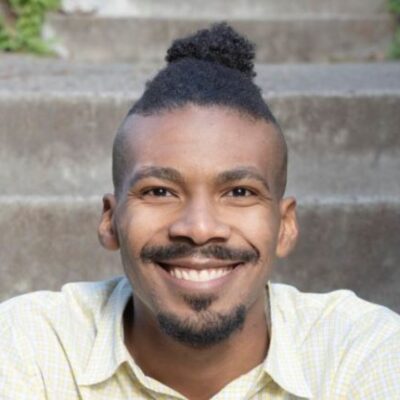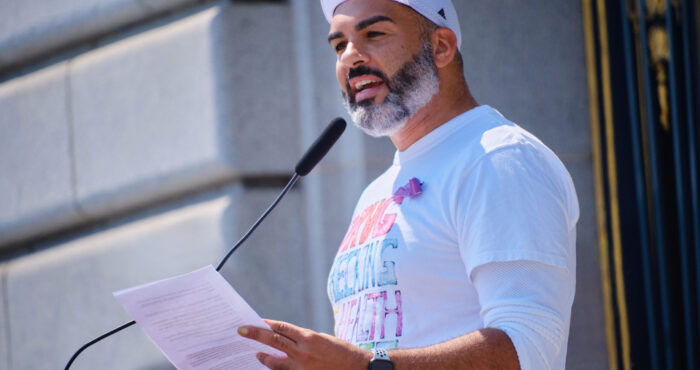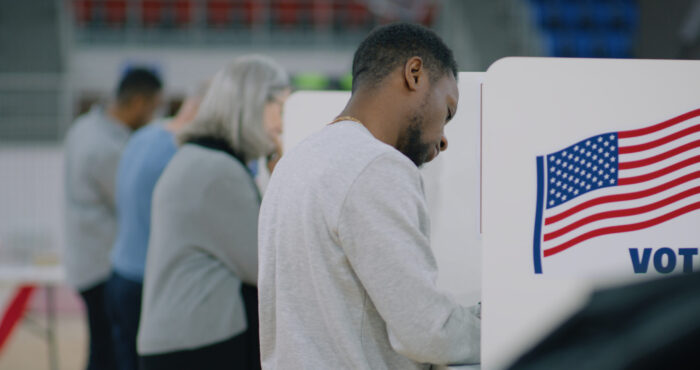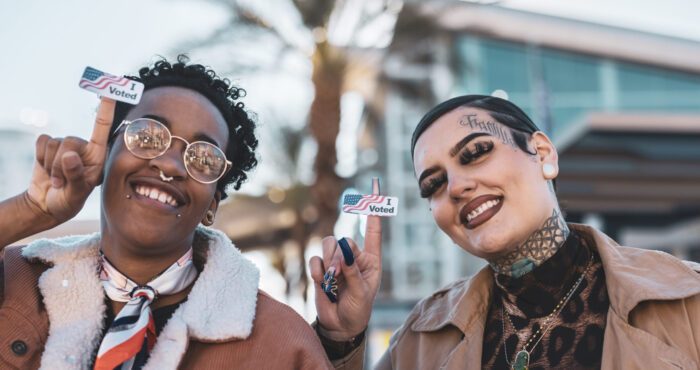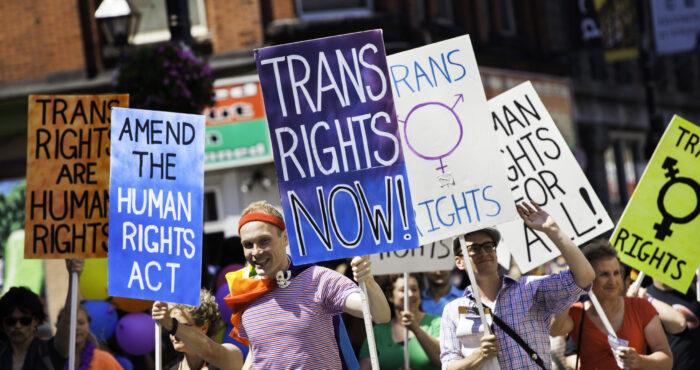It’s about time: Can we finally change blood donation rules for Queer men?
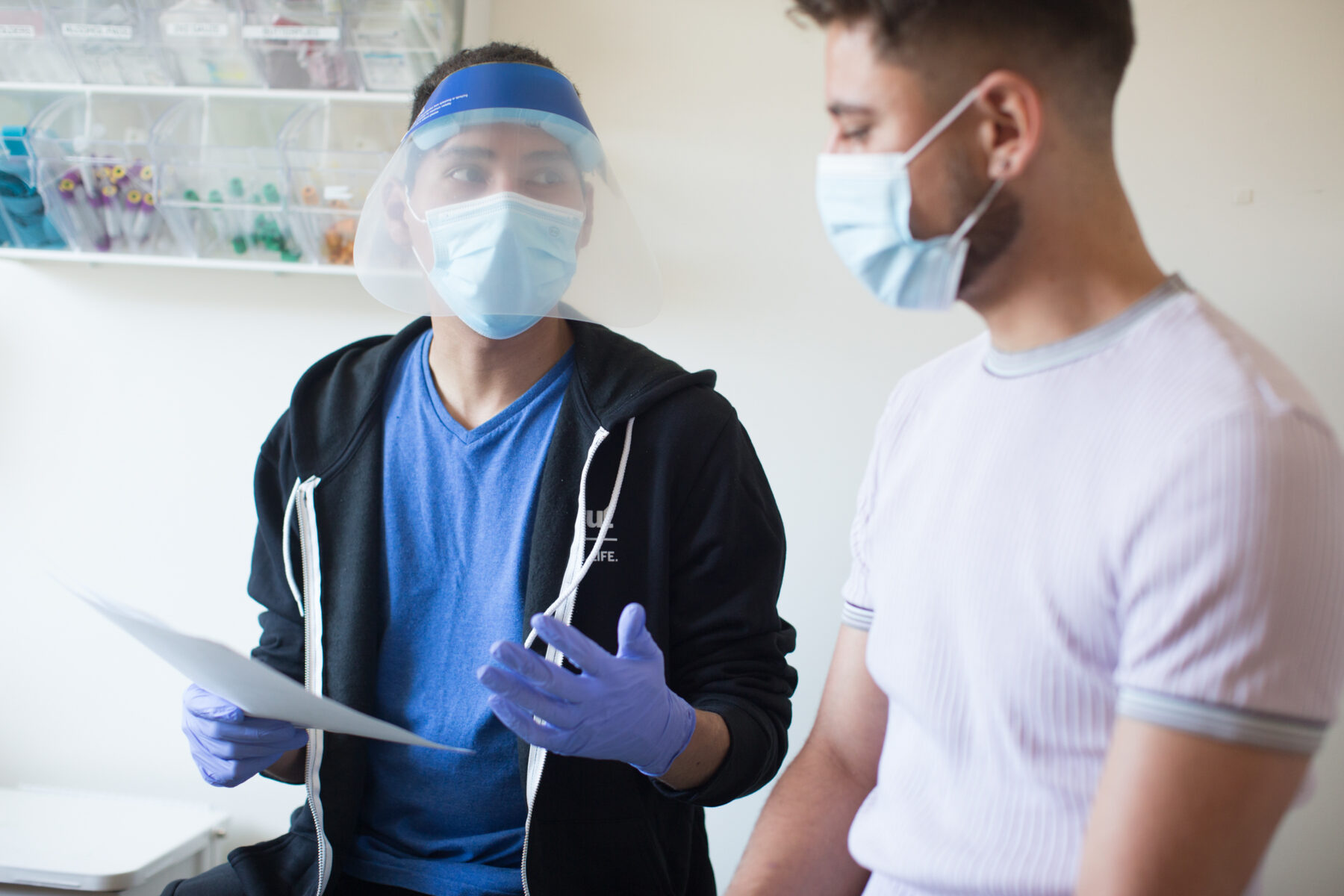
Masking, social distancing, quarantining, vaccinations, and blood donations. Have you considered the role that blood donations play in lifting us out of the COVID-19 pandemic?
Plasma from blood donations is essential in creating convalescent plasma therapies that effectively prevent severe illness and death in COVID-19 patients. It’s also a critical resource, which cannot be manufactured and for which there is no alternative, that’s in short supply. A surge in cases of the Omicron variant of SARS-CoV-2 has drained blood supplies at hospitals and blood banks.
Gay and bisexual men, and other Queer men can be a part of the solution, although as things are now, outdated rules and policies prevent many perfectly healthy individuals from donating their blood. Now, these policies are under new scrutiny.
Immediate request to lift blood deferral period
Just this week, the California Insurance Commissioner, Ricardo Lara, along with four LGBTQ+ organizations in California, urged the U.S. Department of Health and Human Services Secretary Xavier Becerra and the Acting Commissioner of the FDA, Janet Woodcock, MD, to immediately and permanently lift the entire blood donation deferral period for men who have sex with men.
You might already know that in the early days of the AIDS epidemic, the U.S. FDA announced a lifetime blood donation ban for men who have sex with men. Full-stop, no exceptions. Starting in 1983, any man who had sex with men after 1977 was no longer eligible to contribute to our nation’s life-saving blood supply.
Fast forward to today, when we are able to test for both HIV antibodies and antigens in blood samples. We can ask targeted screening questions that can evaluate an individual’s risk of HIV infection. We have highly effective HIV prevention tools at our disposal, including treatment as prevention (undetectable = untransmittable), regular HIV testing, and PrEP. It’s no longer acceptable for us to accept the FDA’s ban established in 1983.
In fact, the FDA did ease restrictions in November 2014, simply adding that gay, bisexual and Queer men could be eligible to donate blood after being celibate for one year prior to donation. Rightly, many LGBTQ* rights groups shared that the new rule was unrealistic and didn’t go far enough. It wasn’t only until recently, propelled by the declining reserves due to the COVID-19 pandemic, that the FDA shortened the waiting period to three months.
Now, Commissioner Lara is urging the FDA and Department of Health and Human Services to put science before stigma, and repeal the three-month deferral period and any blood donation ban altogether for gay, bisexual, and Queer men.
“This is outdated, discriminatory guidance based in prejudice and stigma — not in public health — and it is contributing to our current national blood donation crisis,” the letter stated. “Lifting the discriminatory donation blood deferral period now is more critical than ever.”
Commissioner Lara went on to say that research by the Williams Institute at the UCLA School of Law showed that lifting the blood donation ban for men who have sex with men would mean that an additional 360,600 men could donate, leading to an additional 615,300 pints of blood per year.
“At the beginning of the COVID-19 pandemic, I was denied the ability to donate plasma because I am Queer,” said Russell Roybal, Chief Advancement Officer of San Francisco AIDS Foundation. “As a person who had contracted COVID-19 very early on, I knew donating my plasma could have helped researchers just beginning to study vaccines and treatments yet was screened out of the process which required a 12-month deferral for men who have sex with men. Even with the shortened three-month deferral, it still sends the message that our blood is dangerous and worthless, which only serves to promote stigma and shame. We need to end the ban now.”
About the ADVANCE Study
There is also a new research study funded by the FDA, now enrolling participants, that may help us evolve to meet the scientific understanding of today.
The ADVANCE (Assessing Donor Variability And New Concepts in Eligibility) Study was launched in 2020 by the American Red Cross, Vitalant, and OneBlood, which together account for about 60% of the nation’s blood supply. The study will examine how existing blood donation eligibility critieria for gay and bisexual men may be revised, if at all.
ADVANCE will set out to determine if a different policy may be enacted for men who have sex with men. Volunteers will answer questions about their sexual lifestyles and donate a small blood sample. Rather than blanketing all gay and bisexual men as “dangerous” with a time-deferral policy, ADVANCE may help the FDA determine if a history questionnaire that assesses behavior, rather than identity, could be used.
It’s unfortunate that vulnerabilities in our nation’s blood donation supply became increasingly apparent during the latest Omicron surge, because changes to the FDA’s ban truly could and should have been examined many years ago. While I am glad to see that progress is being made, it shouldn’t have taken a global pandemic to get us there.
Interested in participating?
ADVANCE is actively seeking gay and bisexual men who live in one of the study’s eight target cities: San Francisco Bay Area, Greater Los Angeles, Atlanta, Memphis, Washington, DC, New Orleans & Baton Rouge, and Miami. Participants must be 18 to 39 years old, and will be compensated for their time. Find out more at https://advancestudy.org/.






